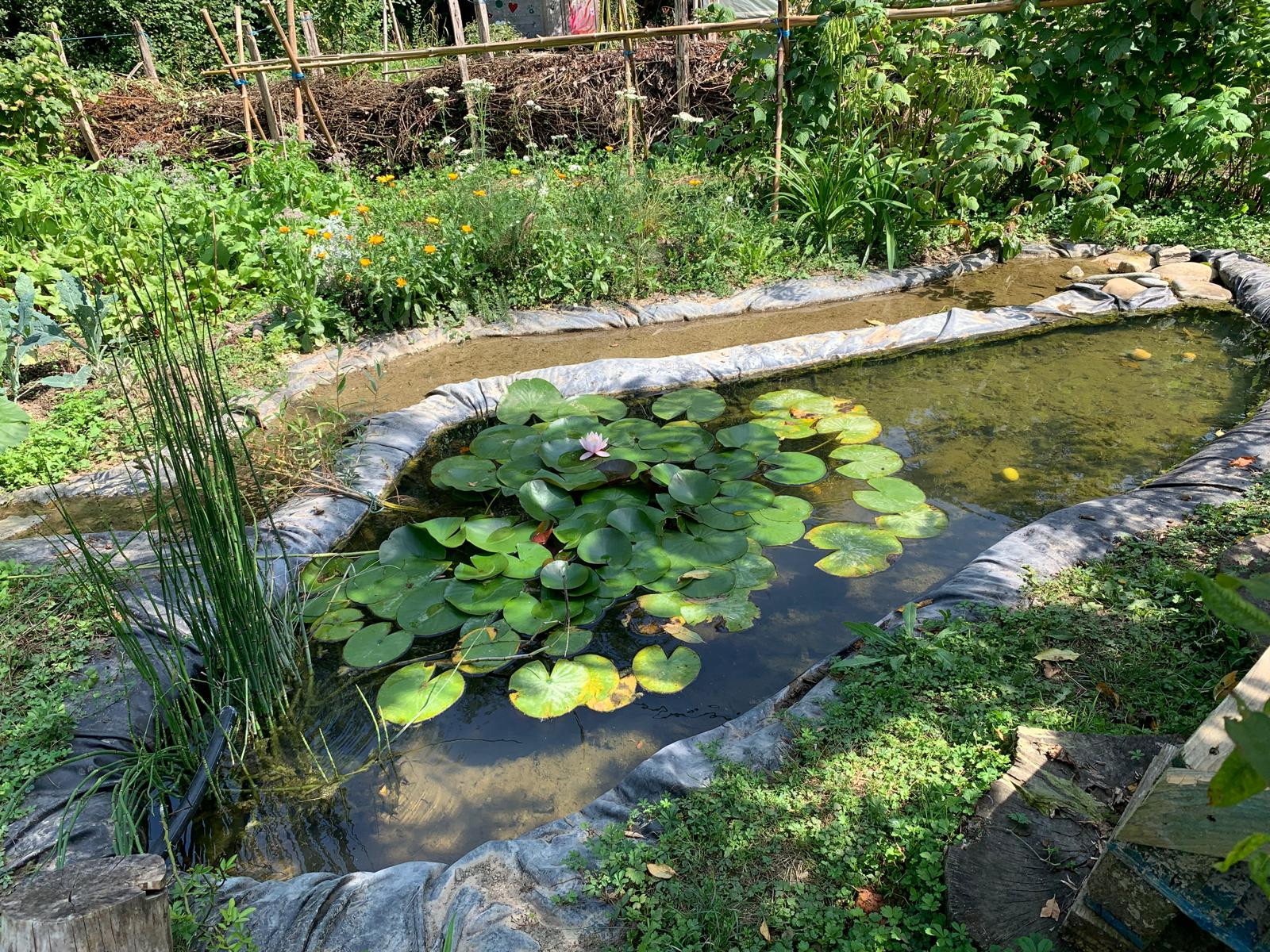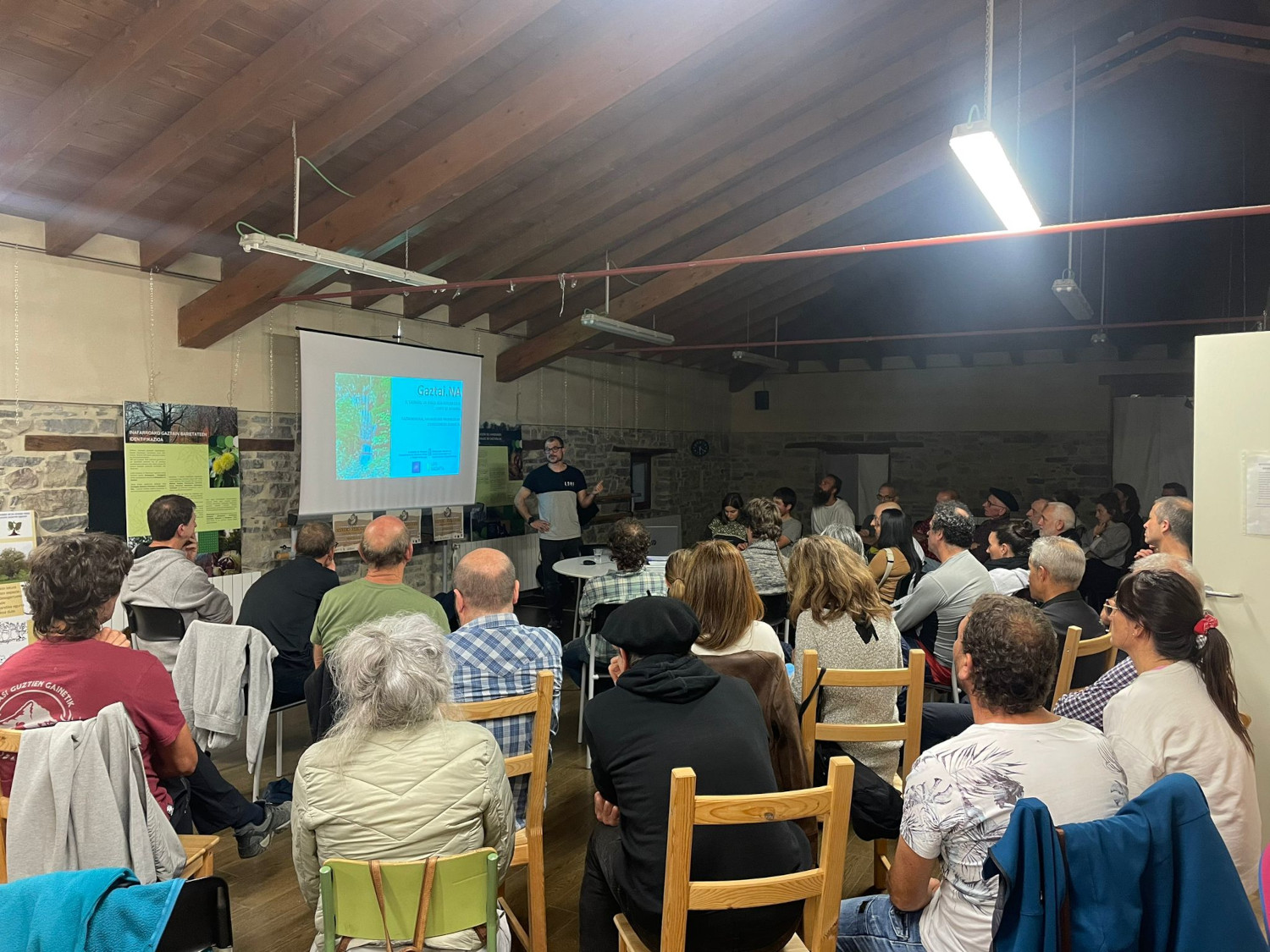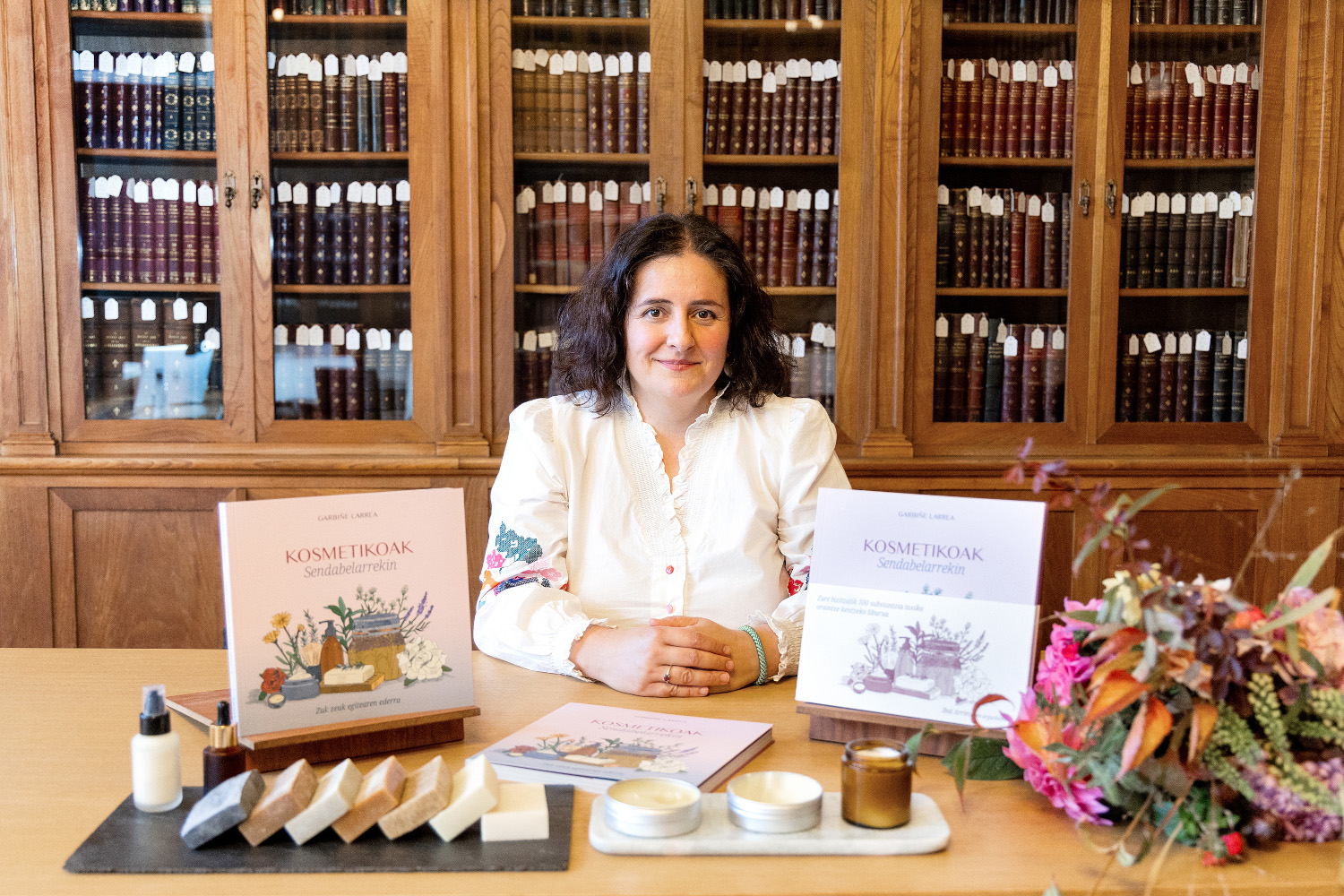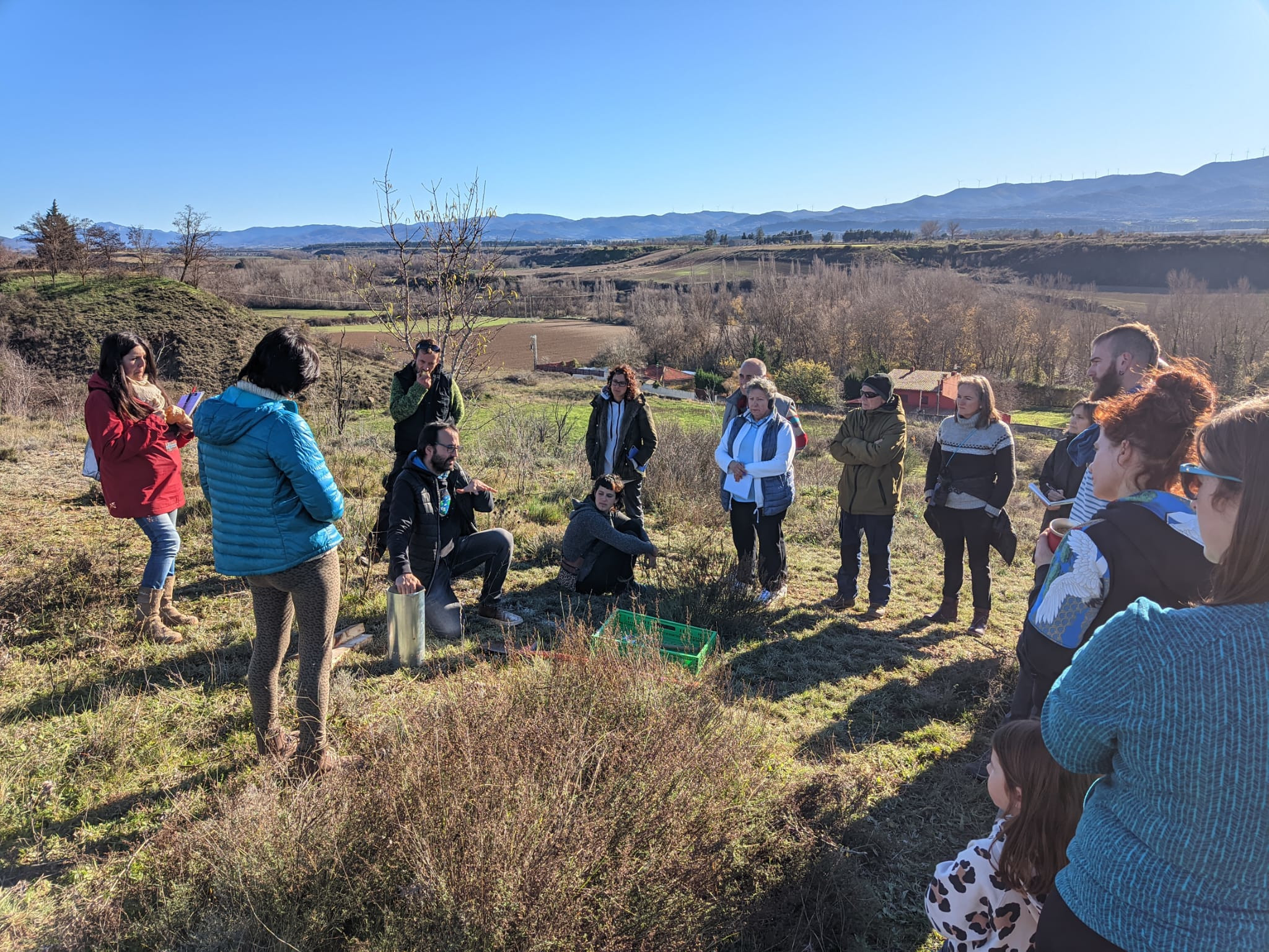Young novice baserritarras: Weaving networks against precariousness

“In the field of housing there are two priority groups, in our opinion: one is women and the other is young people.” The young baserritarra Alazne Intxauspe Elola explains the starting point of the study promoted by different actors working in the field of food sovereignty (EHNE Bizkaia, Mundubat, Veterinarians without Borders, Bizilur and Emaus): to know the situation of young baserritarras who have just begun in the sector and thus work in agroecology.
Participatory
research action
It was
the young Baserritars who carried out the examination: “In most cases, it is a researcher who does the test, and the researcher does it necessarily from his own point of view.” Research questions have also been defined among the participants of the initiative, as explained by Intxauspe, a member of the process. However, he has acknowledged that they have had difficulties: “It is not easy to maintain the participation of the baserritars on a daily basis, and with this we have had problems.”
Among the participants, young Baserritarras have been cited, especially from Gipuzkoa and Bizkaia, who are around 20-40 years old. The characteristic that unites them, more than age, has been that in the sector all have started recently, all in the process of incorporation, each in its own way.
The
need for partnership in the face of precariousness
“When we talk about precariousness, what comes to mind is economic precariousness. In the case of young Baserritarras, however, we have come to the conclusion that precariousness has three faces,” explains Intxauspe. Firstly, the economic precariousness mentioned: the need for investment, lack of economic aid, difficulties in obtaining land, etc. Secondly, precariousness in the organization: difficulty to act collectively and collaboratively. And the third is emotional precariousness. “By telling the mother, the father or the friends that we have to enter the primary sector, we are taken insane, we are jewelry for everyone.”
How can we turn all those precariousness around? The main conclusion of the research has been the need to sewing the network: “We need to create all kinds of networks among young people who are newly hired to take boats, share machinery, create a market, work…” In short, to activate and motivate young people.























